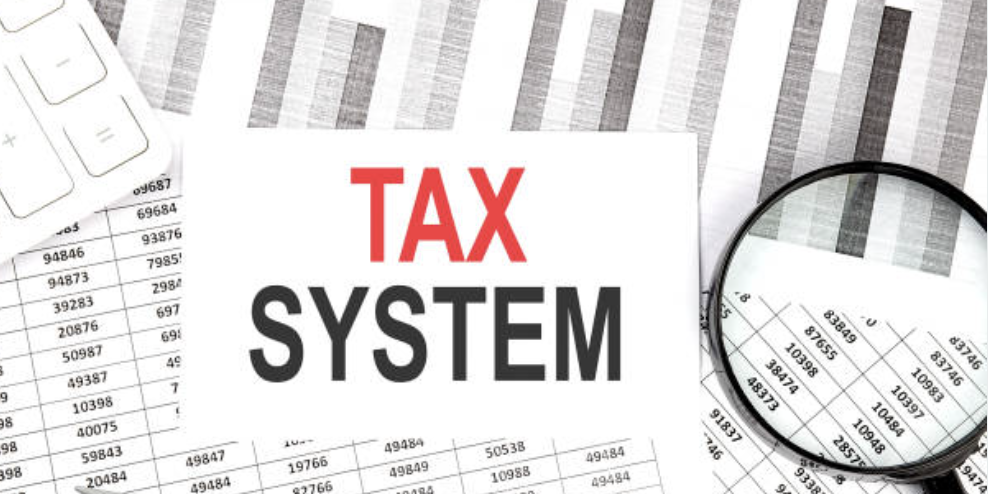Jamaica’s tax system is complex, but understanding it is essential for individuals, businesses, and anyone earning income through online platforms. Whether you’re a salaried employee, an entrepreneur, or an e-commerce seller, knowing your obligations helps you stay compliant and avoid penalties.
Overview of Jamaica’s Tax Structure
Jamaica operates a self-assessment tax system, where taxpayers are responsible for reporting income and paying taxes accordingly. The Tax Administration Jamaica (TAJ) is the government agency responsible for collecting taxes and enforcing compliance.
The main types of taxes include:
-
Income Tax
-
General Consumption Tax (GCT)
-
Pay As You Earn (PAYE)
-
Education Tax
-
Statutory Deductions (NIS, NHT, HEART)
1. Personal Taxes in Jamaica
Income Tax
Jamaican residents are taxed on their worldwide income, while non-residents are taxed only on income earned within Jamaica.
-
Income Tax Threshold (2024): JMD $1.5 million annually
-
Tax Rates:
-
0% on income up to JMD $1.5 million
-
25% on income from JMD $1.5 million to $6 million
-
30% on income over JMD $6 million
-
PAYE (Pay As You Earn)
For employees, income tax is deducted by the employer before wages are paid. This includes:
-
Statutory deductions: National Insurance Scheme (NIS), National Housing Trust (NHT), and Education Tax
-
Employers are responsible for submitting these deductions to the TAJ monthly.
Self-Employed Individuals
Freelancers, consultants, and small business operators must:
-
File annual income tax returns
-
Pay estimated taxes quarterly (March, June, September, December)
2. Business Taxes in Jamaica
Businesses in Jamaica are subject to several taxes depending on their structure (sole trader, partnership, or company).
Corporate Income Tax
-
Standard Rate: 25% on net profit for most companies
-
Unregulated companies (like finance and insurance): 33⅓%
Minimum Business Tax (MBT)
-
Abolished in 2020, but previously applied to companies earning over JMD $3 million.
Asset Tax
Applies to certain regulated entities like financial institutions. Based on asset size.
General Consumption Tax (GCT)
-
Standard Rate: 15%
-
Applies to most goods and services
-
Businesses earning over JMD $10 million annually must register for GCT
-
Must file monthly GCT returns
Other Employer Obligations
Employers must remit:
-
NIS (3% total: 1.5% employer, 1.5% employee)
-
NHT (5% total: 3% employer, 2% employee)
-
Education Tax (3% employer, 2.25% employee)
-
HEART contributions (3% employer only)
These are due monthly and are submitted via the TAJ portal.
3. E-Commerce and Digital Taxes
As online business grows, Jamaica is tightening tax rules for digital activities.
Local E-Commerce Sellers
-
Treated like self-employed individuals or businesses
-
Must register with the TAJ if gross annual income exceeds JMD $10 million (for GCT)
-
Income is taxable just like any other trade or profession
Overseas Sellers and Digital Platforms
Jamaica has moved to tax digital services offered by non-residents (e.g., Netflix, Amazon, Google).
-
As of 2022, foreign digital service providers must register for GCT
-
Consumers in Jamaica are taxed at 15% GCT on digital services
-
GCT is collected and remitted by the foreign provider directly
Social Media Influencers and Online Entrepreneurs
-
Income from ads, sponsored posts, affiliate marketing, and content creation is taxable
-
Must file annual returns and pay estimated quarterly taxes if self-employed
-
GCT applies if gross revenue is above the threshold
Filing and Payment Process
All individuals and businesses must register with the TAJ to receive a Taxpayer Registration Number (TRN). Tax returns and payments are done through the RAiS (Revenue Administration Information System) portal.
Deadlines:
-
Annual income tax return: March 15 (for the previous year)
-
Quarterly estimated taxes: March 15, June 15, September 15, December 15
-
Monthly returns (GCT, statutory deductions): Due by the last working day of the following month
Penalties and Compliance
Late filing or non-payment results in:
-
Interest (usually 1.5% per month)
-
Penalties (up to 50% of unpaid taxes)
-
Garnishment of wages or seizure of assets in extreme cases
To stay compliant:
-
Keep records of income and expenses
-
Use accounting software or a tax professional
-
Monitor due dates and file returns on time
Final Thoughts
Understanding Jamaica’s tax system is essential whether you earn a salary, run a local business, or operate online. The rules can be strict, but the process is manageable with the right knowledge and tools. If you’re unsure, consult a registered tax advisor or use resources from the TAJ to stay on top of your obligations.









